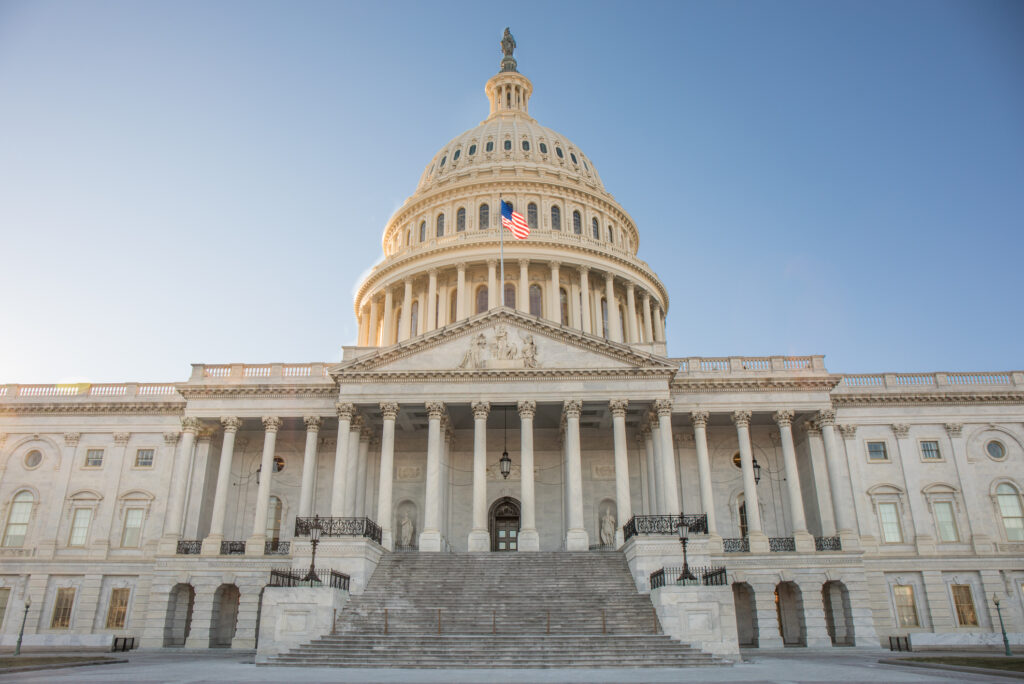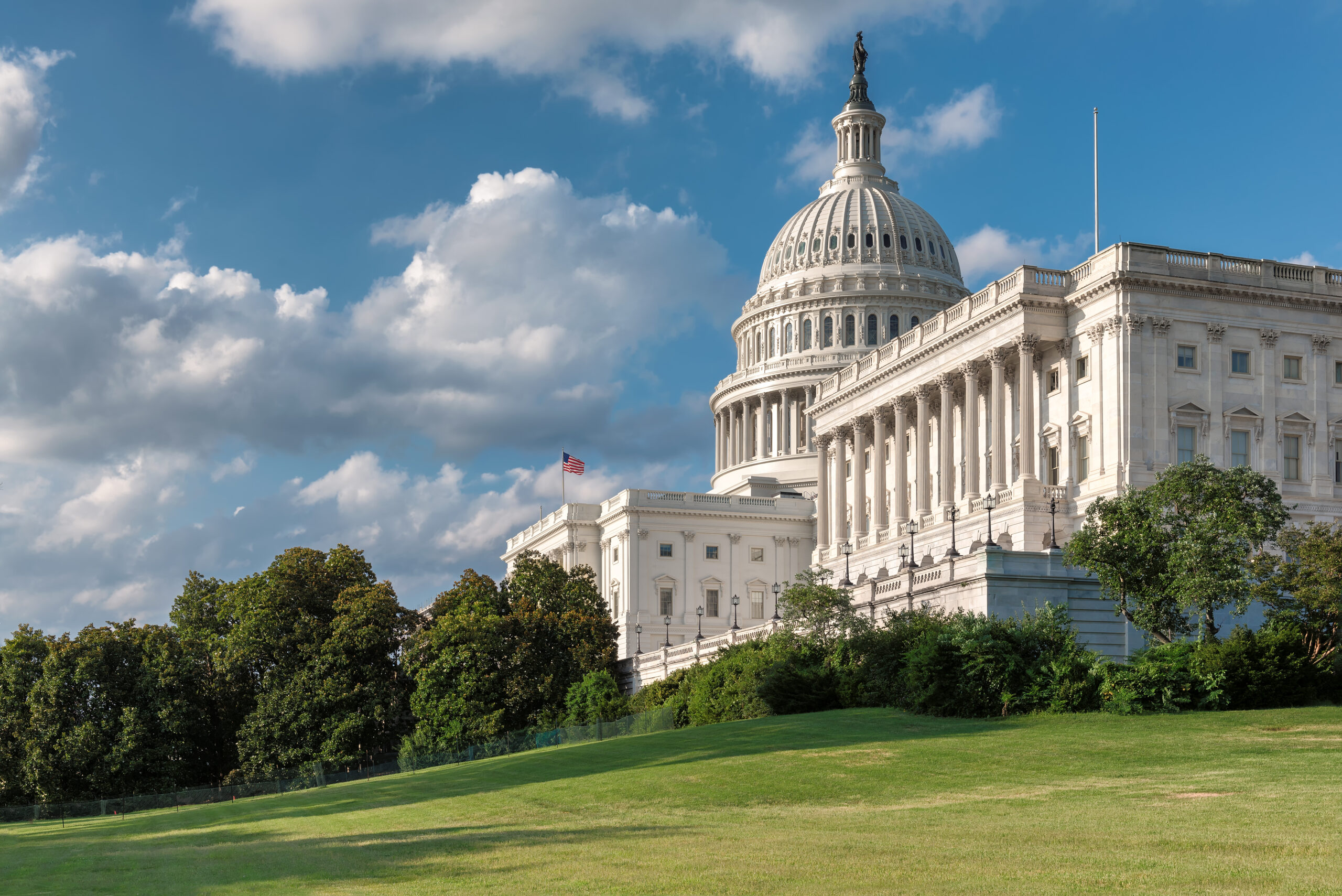New Economic Snapshot Cites Lack of Access to Child Care as Major Barrier to Well Being

Global management consulting firm McKinsey & Co’s latest American Opportunity Survey has identified lack of access to child care as a major barrier to mental and economic well being for American families.
Additionally, unemployed Americans with children at home were 2.4 times more likely to cite taking care of family as a reason for unemployment.
Key takeaways from the survey include:
- The biggest barrier preventing parents from having a more equitable, prosperous future is a lack of access to child care.
- The number 3 biggest reason for unemployment was the need to take care of families at home.
- Additionally, Americans with children at home were 2.4 times more likely to cite taking care of family as a reason for unemployment.
- 20% of Americans cite child care as a barrier to well-being.
- More people were citing care issues in October than they were in March as the greatest barrier to employment.
- Groups reporting that their economic position has worsened since the March survey include women, people living in rural areas, and caregivers with a child or children at home.
Americans with children at home experience these barriers most acutely. Such respondents were more likely than average to say that each barrier in the chart was a top three barrier to their well-being. The survey specifically found that demographic groups whose economic position has worsened since their March survey include women, people living in rural areas, and caregivers with a child or children at home.
Recent state polling backs up this finding: Lack of access to quality child care is a deterrent for getting back to work for nearly 60% of non-working or part-time working moms in Ohio. This is why the Senate must pass the Build Back Better Act immediately. The child care and pre-K provisions in the Act will help rebuild our economy, and get parents back to work:
- The Build Back Better Act will expand access of high-quality, affordable child care to about 20 million children per year, covering 90% of families across the country with children ages 0-5. This includes 95 percent of families making less than $250,000 a year, and 100 percent of families making less than $160,000.
- For the average family in Arizona, for example, annual child care costs today come out to $11,017 a year, on average. After the Build Back Better Act, the average family would only pay $838. That puts over $10,000 back in families’ bank accounts each year to spend or save.
- The Economic Policy Institute estimates that the Build Back Better Act would add up to 200,000 jobs in preschool and over 340,000 jobs in child care each year, ensuring that providers have access to quality staff.
- An estimated 51% of Americans live in a child care desert, where mothers are statistically less likely to participate in the workforce. The Build Back Better Act includes dedicated funding to increase the supply of child care so parents have options and can choose the provider that best meets their needs.
Subscribe to FFYF First Look
Every morning, FFYF reports on the latest child care & early learning news from across the country. Subscribe and take 5 minutes to know what's happening in early childhood education.



